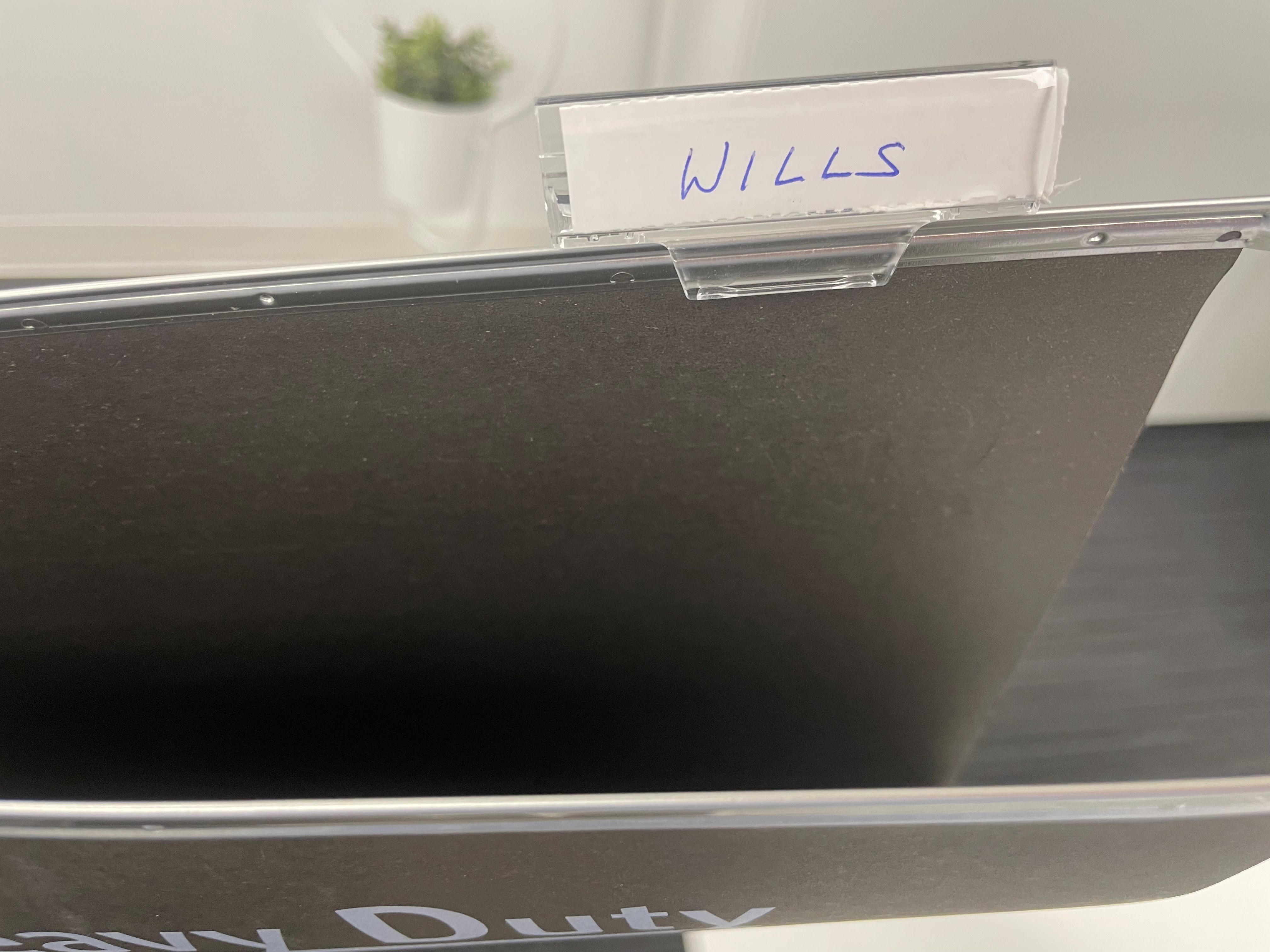
The Court usually requires the production of the original will signed by the will-maker before 2 witnesses. There are many circumstances in which a will may be lost and it can happen during the lifetime of the maker or after their death.
The original will may have been:
- Intentionally destroyed by the maker with the intention of revoking it;
- Unintentionally mislaid by the maker;
- Left in the safekeeping of another person who has lost it;
- Destroyed by an environmental disaster such as fire or flood; or
- Destroyed by a third party intentionally in an attempt to inherit pursuant to the laws applicable when a person dies without a will.
There is a presumption that if the lost will was last seen in the maker’s possession and was not found on their death, the maker destroyed the will with the intention of revoking it unless there is satisfactory evidence to the contrary. Overcoming this presumption and proving the will had not been destroyed by the maker with the intention of destroying it is a difficult task.
In order to obtain probate of a lost will the Court must be satisfied that:
- There actually was a will;
- The lost will revoked any previous wills;
- The presumption is overcome that when a will is not produced it had been destroyed by the maker with the intention of revoking it;
- There is sufficient evidence of its terms; and
- There is sufficient evidence of due execution.
The Court also requires:
- Details, if possible, surrounding the circumstances in which the will was lost;
- The efforts made to find it;
- The accuracy of any available copy; and
- Whether advertisements have been published for the missing will and whether any replies have been received.
It is important to note that even if all persons interested in an estate of a deceased person consent to a grant of probate of a lost will the Court is not relieved of its obligations to be satisfied of the matters outlined above.
If you would like assistance in relation to an estate matter, Caitlin Swan can be contacted on (08) 8227 1970.
